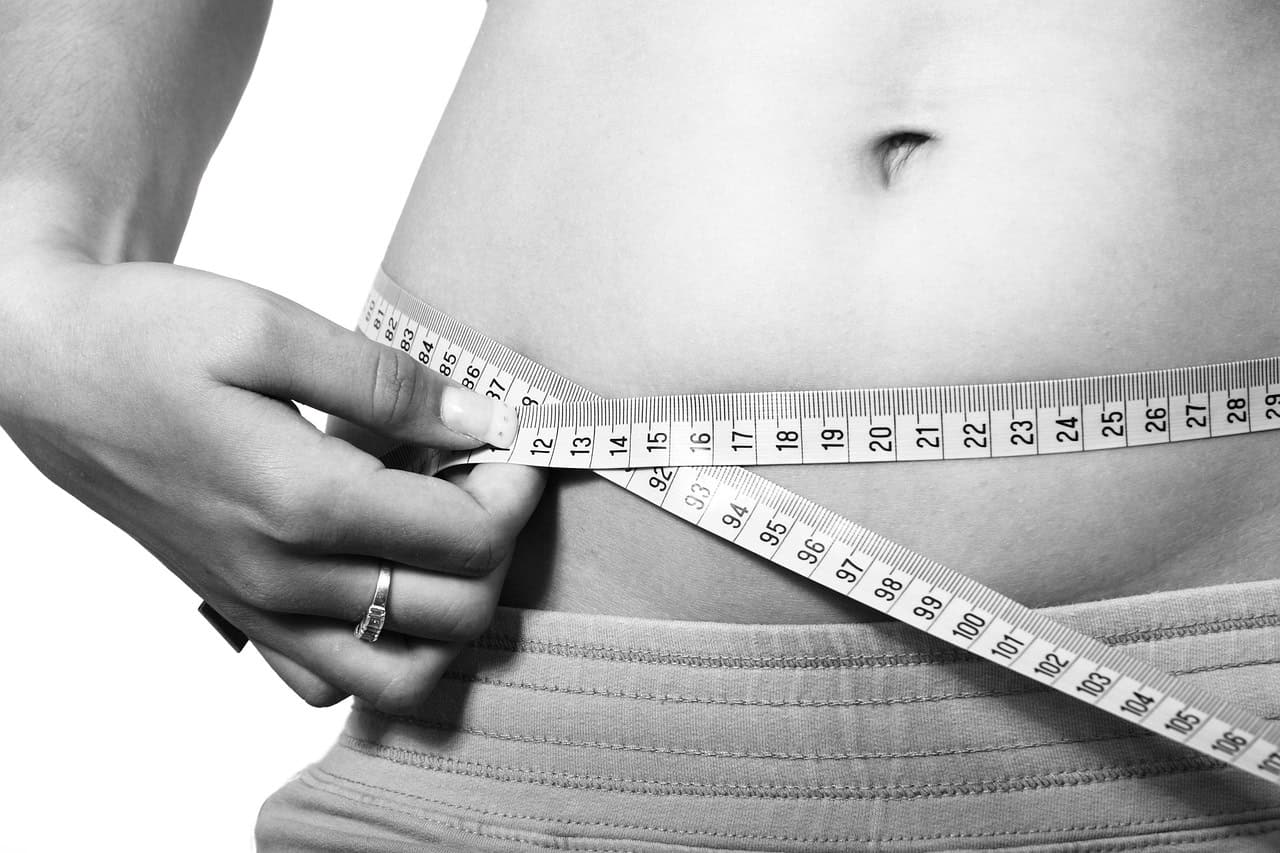Lose Weight Fast Without Exercise: Effective Strategies for Quick Results
Estimated reading time: 6 minutes
- Intermittent fasting can significantly reduce calorie intake.
- Prioritizing protein and fiber promotes satiety.
- Quality sleep is crucial for weight management.
- Mindful eating practices can enhance awareness of hunger signals.
- Reducing added sugars can help prevent fat storage.
Table of Contents
- Dietary Modifications for Quick Weight Loss
- Behavioral Adjustments for Better Eating Habits
- Lifestyle Factors that Support Weight Loss
- Food Choices to Accelerate Progress
- Key Takeaways for Losing Weight Fast Without Exercise
- Conclusion and Call to Action
- FAQ
Dietary Modifications for Quick Weight Loss
Intermittent Fasting (IF)
Intermittent fasting has gained popularity as a powerful tool for weight loss. It involves cycling between periods of eating and fasting, which can lead to reduced calorie intake without requiring strict diet plans. Three popular methods include:
- 16/8 Method: Fast for 16 hours and eat within an 8-hour window (e.g., noon to 8 p.m.). This approach has been found to naturally reduce calorie intake (source).
- 5:2 Diet: Eat normally five days a week, consuming only 500-600 calories on two non-consecutive days. This method encourages caloric restriction without constant dieting (source).
- Alternate-Day Fasting: Involves eating only 25-30% of your energy needs on fasting days while eating normally on non-fasting days (source).
Prioritize Protein and Fiber
Protein and fiber are critical components in any weight loss strategy. Their benefits include increased satiety and muscle preservation.
- Protein: Starting meals with lean protein sources such as chicken, legumes, and tofu can promote a feeling of fullness and help maintain muscle mass. Studies indicate that higher protein intake can lower levels of the hunger hormone ghrelin (source; source).
- Fiber: Incorporating high-fiber foods like vegetables, fruits, and whole grains can promote fullness and decrease overall calorie intake. Foods like raspberries and artichokes are particularly fiber-rich and beneficial (source; source).
Eliminate Liquid Calories
Drastic reductions in calorie intake can often be achieved by eliminating sugary drinks, alcohol, and juices from your diet. Instead, opt for water, herbal tea, or black coffee. This simple change can significantly lower your daily caloric consumption (source; source).
Behavioral Adjustments for Better Eating Habits
Mindful Eating
Mindful eating practices, such as slowing down meals, chewing thoroughly, and eliminating distractions, can enhance awareness of hunger and fullness cues, leading to reduced calorie consumption (source; source).
Portion Control
Using smaller plates and measuring food portions can help prevent overeating. Keeping a food diary or using a tracking app may also foster accountability and awareness of food intake (source; source).
Hydration
Drinking a glass of water before meals can lead to reduced overall calorie consumption. Often, individuals confuse thirst for hunger, so staying hydrated is an important factor in weight management (source).
Lifestyle Factors that Support Weight Loss
Sleep Optimization
Quality sleep is essential for effective weight management. Adults should aim for 7-9 hours of restful sleep per night to regulate hormones that control appetite, such as ghrelin and leptin. Poor sleep can contribute to increased cravings for unhealthy foods (source).
Tips for better sleep include:
- Darkening the bedroom environment
- Avoiding screens before bedtime
- Limiting afternoon caffeine intake
Stress Management
Chronic stress elevates cortisol levels, which can lead to increased fat storage and cravings for unhealthy foods. Implementing stress-reduction techniques like meditation, deep breathing, or journaling can help manage weight effectively (source).
Food Choices to Accelerate Progress
Healthy Fats
Incorporating unsaturated fats from sources such as avocados, nuts, and olive oil can improve satiety and contribute to a feeling of fullness (source).
Reduce Refined Carbs
Swapping refined carbohydrates like white bread and pasta for whole grains can help stabilize blood sugar levels and reduce overall caloric intake (source).
Limit Added Sugars
Be vigilant about added sugars lurking in processed foods. Reading product labels can help identify hidden sugars in sauces, dressings, and snacks. Reducing sugar intake is likely to lower insulin spikes and, consequently, fat storage (source; source).
Key Takeaways for Losing Weight Fast Without Exercise
| Strategy | Expected Impact |
|---|---|
| Intermittent Fasting | Reduces calorie intake by limiting eating windows. |
| Protein-Rich Meals | Lowers hunger hormones like ghrelin. |
| Sleep Hygiene | Prevents overeating linked to fatigue. |
| Sugar Reduction | Lowers insulin spikes and fat storage. |
Combining these methods and maintaining consistency rather than resorting to restrictive dietary practices is key for sustained weight loss. Always remember to consult with a healthcare provider before starting new dietary protocols, especially intermittent fasting, as it may not be suitable for everyone (source).
Conclusion and Call to Action
Losing weight fast without exercises is achievable with the right combination of dietary and lifestyle adjustments. By embracing these habits, you can make significant progress toward your weight loss goals. Explore our website for more engaging content on nutrition, weight loss strategies, and healthy living.
Legal Disclaimer
Always consult a healthcare professional or a registered dietitian before implementing any new diet or weight loss strategy to ensure it’s safe and appropriate for your individual health needs.
FAQ
Can I lose weight without exercising?
Yes, implementing dietary changes and lifestyle modifications can lead to effective weight loss without exercise.
What are some effective diets for weight loss?
Intermittent fasting, prioritizing protein and fiber, and eliminating liquid calories are effective strategies.
How important is sleep for weight loss?
Quality sleep is essential for regulating appetite hormones and preventing cravings.
Can stress affect weight loss?
Chronic stress can lead to increased fat storage and cravings, making stress management an important aspect of weight loss.
What role do sugars play in weight gain?
Added sugars can lead to insulin spikes and increased fat storage, which can hinder weight loss efforts.
